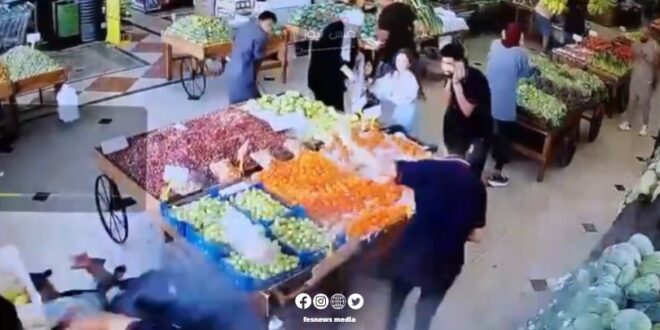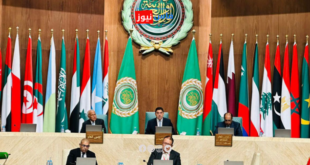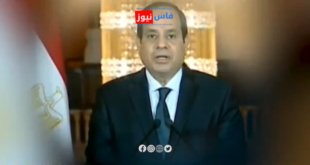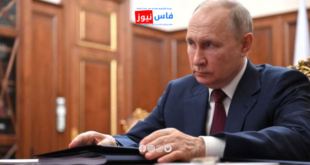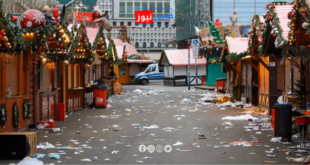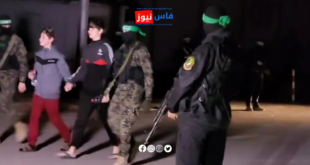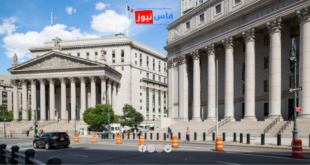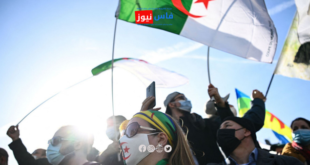Lebanon witnessed a new wave of explosions on Wednesday, targeting communication devices used by Hezbollah, resulting in the deaths of nine people and injuries to 300 others across the country. This incident follows a similar attack on Tuesday, which Hezbollah attributed to Israel, vowing retaliation.
Key Points of the Attack:
- Simultaneous explosions of walkie-talkies in the southern suburbs of Beirut during the funerals of four Hezbollah members killed the previous day.
- Panic erupted during the funeral, with many attendees rushing to find shelter, as shown by AFP footage.
- The Lebanese Ministry of Health reported nine deaths and over 300 injuries in a statement.
- Explosions reported in the southern suburbs of Beirut, a Hezbollah stronghold, as well as in southern and eastern Lebanon.
Background of the Attacks: On Tuesday, simultaneous explosions of pagers, a communication system used by the pro-Iranian Islamist group, resulted in 12 deaths, including two children, and injuries ranging from 2,750 to 2,800, according to the latest figures from the Lebanese Ministry of Health. Israel has not commented on these explosions, which occurred just hours after announcing an expansion of its war objectives against Hamas in the Gaza Strip to include its northern border with Lebanon.
Since the beginning of the war in Gaza in October 2023, Hezbollah has opened a front at the border with Israel, declaring support for Hamas. The almost daily exchange of deadly fire has led to the displacement of tens of thousands of residents on both sides of the border.
Hezbollah’s Response: Hezbollah has accused Israel of being “entirely responsible” for the pager explosions, warning that Israel will “receive its just punishment.” The group has vowed to continue supporting operations in favor of the Palestinian Hamas movement.
International and Regional Impact: Lebanese Foreign Minister Abdallah Bou Habib stated that Tuesday’s attack could be a prelude to a broader war in the Middle East. A shop owner in Tyre, southern Lebanon, described witnessing the aftermath of the explosions as “indescribable,” with scenes of severe injuries and chaos at hospitals.
Iran’s ambassador to Beirut, Mojtaba Amani, was reportedly injured, according to Iranian television. The Lebanese Ministry of Education announced the closure of schools and universities on Wednesday.
Technical Details: A source close to Hezbollah told AFP that the pagers that exploded were part of a recently imported shipment of 1,000 devices, which appeared to have been “hacked at the source.” Charles Lister, an expert at the Middle East Institute, suggested that the Israeli intelligence agency Mossad may have infiltrated the supply chain, likely placing small plastic explosives next to the batteries for remote detonation via messages.
International Reaction: The European Union’s foreign policy chief, Josep Borrell, condemned the attacks and expressed extreme concern over the situation. The United Nations described the escalation as “extremely worrying.” Israel announced its decision to extend war objectives to the Israeli-Lebanese border to facilitate the return of displaced persons in northern Israel.
Ongoing Conflict in Gaza: The situation in Gaza remains dire, with the Defense Ministry reporting at least five deaths from an Israeli airstrike on a school turned into a refugee shelter. The Israeli army confirmed the strike, claiming that Hamas militants were using the school for terrorist activities.
The ongoing conflict has resulted in a significant humanitarian crisis, with over 41,272 Palestinians killed in the Israeli military campaign, mostly civilians, according to data from the Hamas-run Ministry of Health in Gaza, deemed reliable by the UN.
Table: Casualties in Recent Hezbollah-Linked Explosions
| Date | Type of Device | Casualties (Deaths/Injuries) | Location |
|---|---|---|---|
| Wednesday | Walkie-Talkies | 9/300 | Beirut, southern suburbs |
| Tuesday | Pagers | 12/2750-2800 | Beirut, southern suburbs |
Outlook: The situation in Lebanon and the broader region remains volatile. Close cooperation between ECOWAS member states, the Lebanese government, and international partners will be crucial in developing effective strategies to counter terrorism and promote lasting peace and security in West Africa. The international community’s sustained engagement and support will be essential in helping the region overcome these challenges and build a more secure and prosperous future for its people.
As the conflict continues, the international community remains hopeful for a resolution that brings an end to the violence and addresses the underlying humanitarian crisis.
 فاس نيوز ميديا جريدة الكترونية جهوية تعنى بشؤون و أخبار جهة فاس مكناس – متجددة على مدار الساعة
فاس نيوز ميديا جريدة الكترونية جهوية تعنى بشؤون و أخبار جهة فاس مكناس – متجددة على مدار الساعة

